This viewpoint was emphasized by National Assembly Chairman Tran Thanh Man when giving his opinion in the group on the draft Law amending and supplementing a number of articles of the Law on Public Debt Management on the morning of November 3.
The National Assembly Chairman assessed that in recent years, public debt management has been relatively good, contributing to ensuring the target of macroeconomic growth, curbing inflation and ensuring social security.
The amendment of a number of articles of the Law on Public Debt Management at the 10th session follows a shortened process to implement decentralization, delegation of power and synchronization with the State Budget Law and the Law on Public Investment. According to the plan, the Government plans to submit to the National Assembly a comprehensive amendment of the Law on Public Debt Management in 2026.
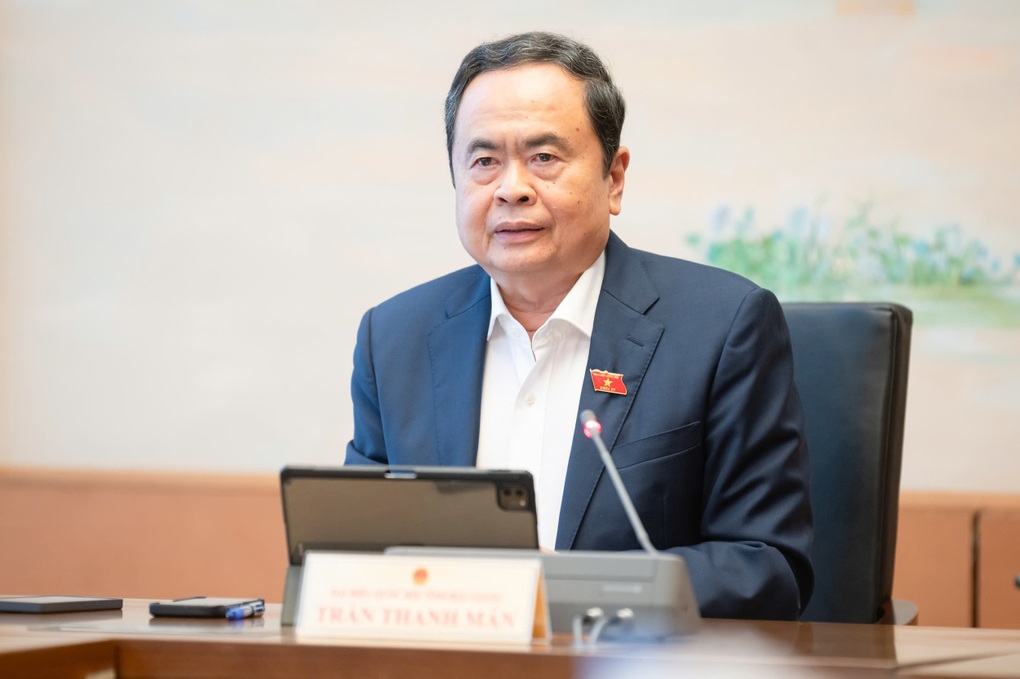
National Assembly Chairman Tran Thanh Man (Photo: Pham Thang).
The requirement in the law amendment emphasized by the National Assembly Chairman is to ensure transparency in public debt management.
Citing the story of Can Tho Oncology Hospital with a loan from Hungary, which has been 80% built but the project has been stopped for 4-5 years now, "covered with moss" while the current oncology hospital is overloaded, the National Assembly Chairman emphasized the need to focus on handling the situation to put the project into operation.
The National Assembly Chairman agreed with the proposal to amend the bill's contents to enhance local proactive responsibility.
Regarding the allocation and use of ODA capital, the National Assembly Chairman suggested that the Government strictly regulate the cases, allocation rates and impacts on the central budget because in the future, localities will propose to borrow more from foreign countries, thereby creating a higher burden of obligations for the central budget.
In fact, for localities with conditions, the National Assembly Chairman said that preparing counterpart capital is easy, but for localities with difficulties, the Central Government often has to support 100% of the counterpart capital. Therefore, it is necessary to clearly regulate the coordination between the Central Government and localities in capital allocation.
Regarding the lending method, the draft adds a provision that "commercial banks will make loans and not bear credit risks", but the National Assembly Chairman noted to carefully assess the impact of this provision, because if lending is done but not bearing credit risks, it could lead to "loose" appraisal procedures, borrowers, creating great risks and State agencies will have to bear them.
According to the National Assembly Chairman, if lending is not associated with responsibility in loan supervision, it will affect debt repayment capacity and public debt safety.
“The biggest fear is that this loan is used for other purposes, and the bank lacks inspection and supervision,” the National Assembly Chairman raised the issue and requested clarification of the risk of not being able to repay the loan. What is the responsibility of the commercial bank? If a part of the risk is shared, what is the ratio? This needs to be regulated in the law or assigned to the Government for guidance in a decree, according to the National Assembly Chairman.
Informing that the country will soon implement a series of projects such as the North-South high-speed railway with a capital of about 67 billion USD or the Lao Cai-Hanoi-Hai Phong railway, urban railway..., the National Assembly Chairman clearly stated that it is necessary to review all loans to amend the law accordingly to serve double-digit growth.
Source: https://dantri.com.vn/thoi-su/rui-ro-khong-tra-duoc-no-vay-trach-nhiem-cua-ngan-hang-the-nao-20251103124413989.htm


![[Photo] Comrade Nguyen Duy Ngoc holds the position of Secretary of the Hanoi Party Committee](https://vphoto.vietnam.vn/thumb/1200x675/vietnam/resource/IMAGE/2025/11/04/1762234472658_a1-bnd-5518-8538-jpg.webp)
![[Photo] Ca Mau "struggling" to cope with the highest tide of the year, forecast to exceed alert level 3](https://vphoto.vietnam.vn/thumb/1200x675/vietnam/resource/IMAGE/2025/11/04/1762235371445_ndo_br_trieu-cuong-2-6486-jpg.webp)
![[Photo] The road connecting Dong Nai with Ho Chi Minh City is still unfinished after 5 years of construction.](https://vphoto.vietnam.vn/thumb/1200x675/vietnam/resource/IMAGE/2025/11/04/1762241675985_ndo_br_dji-20251104104418-0635-d-resize-1295-jpg.webp)


![[Photo] Ho Chi Minh City Youth Take Action for a Cleaner Environment](https://vphoto.vietnam.vn/thumb/1200x675/vietnam/resource/IMAGE/2025/11/04/1762233574890_550816358-1108586934787014-6430522970717297480-n-1-jpg.webp)


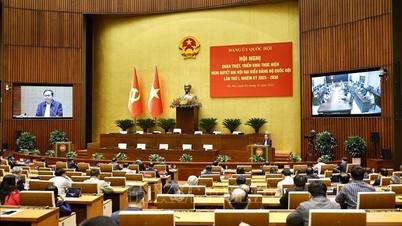



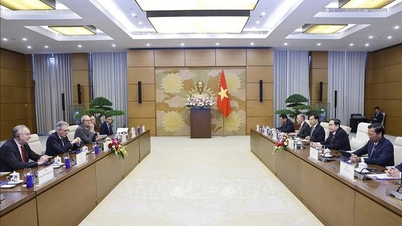


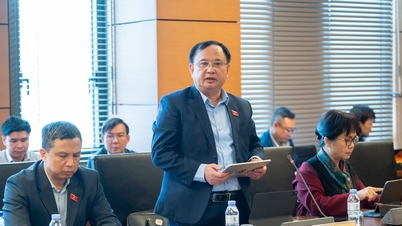





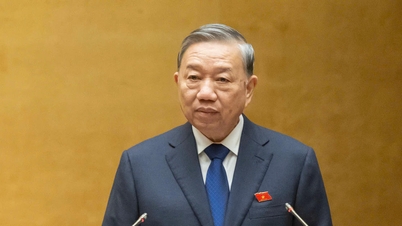

![[Video] Increasing decentralization and delegation of power in the fields of agriculture and environment](https://vphoto.vietnam.vn/thumb/402x226/vietnam/resource/IMAGE/2025/11/04/1762245273436_2-9761-png.webp)
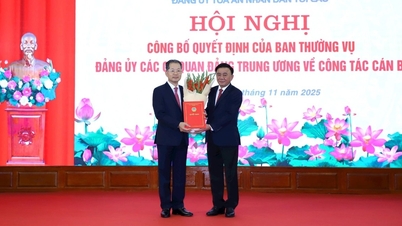






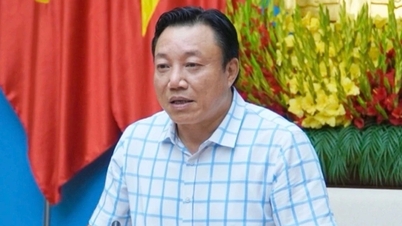
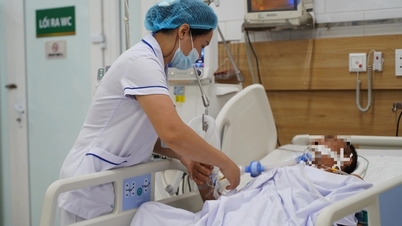












































































Comment (0)